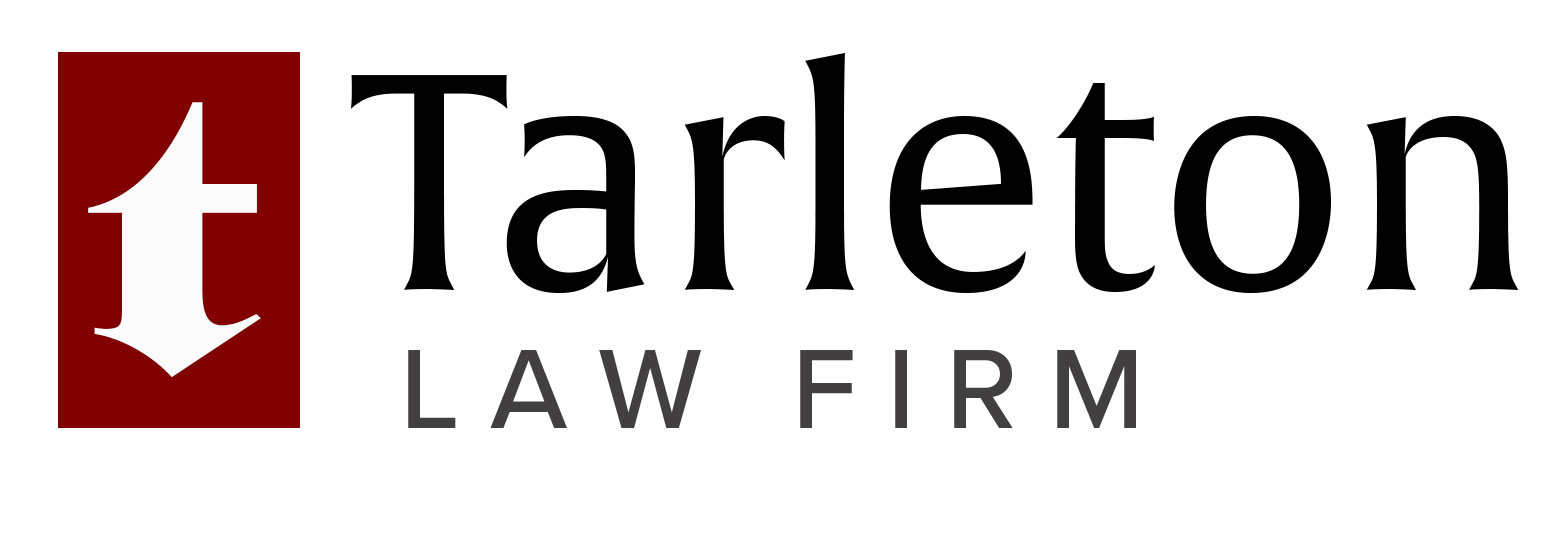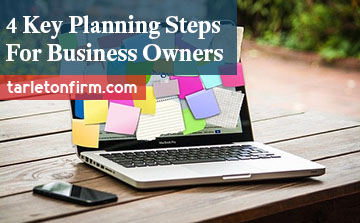Why Business Estate Planning is Important
Business owners naturally tend to focus on the day-to-day operations and needs of their business, employees, and customers. But, long term planning is important to protect the value you have built in your business. Unfortunately, most Texas business owners, like most individuals, do not have even the most basic estate planning documents in place. If you are a Texas business owner, you should consider how your business would be affected by unexpected events, including a health emergency, incapacity, or death. Your plans should also include your goals for your retirement, your family, and your employees. Lack of planning can put these goals into jeopardy.
Step #1: Get a Will and Basic Estate Plan
Regardless of business size, it is equally important for any business owner to get a Will in place. In Texas, if you die without a Will, your business could be affected by delays caused by probate and the need to determine the identity of your heirs. With a Will, however, you have the opportunity to direct how your assets are managed and distributed in the event of your death, and to avoid the need to identify heirs or have family members agree who will be the executor in charge of your estate. If you would prefer to make these decisions rather than leaving them up to a court, then you need to have a Will and keep it updated.
In addition to a Will, you should also consider both of the following:
- A Durable Power of Attorney (to designate someone to manage your finances and business transactions in the event you are incapacitated), and
- A Medical Power of Attorney (to designate someone to make medical decisions for you if you cannot do so for yourself).
In addition to these basic documents, you may also want to consider using a Revocable Living Trust to help manage your assets. The benefit of a Revocable Living Trust is that you may put all your assets into the Trust without losing control over them, and in the event of incapacity or death a court does not need to become involved to help continue managing or distributing those assets. You can be the initial trustee in charge of the Trust assets, but in the event of your incapacity or death a successor trustee can be designated to immediately step in and handle your Trust assets (including a business interest). This can be preferred over the delays that might be caused by Texas probate.
Step 2: Balance Family-Owned Business Issues
Family-owned businesses have unique challenges to consider when it comes to planning. A common challenge is for a business owner to have several children, but not all of them want to be involved in the business. An added challenge may be that the children who are not interested in the business may feel entitled to receive financial support from the business in the future.
One solution is for the ownership of the business to pass to one child, while an equal amount of non-business assets is giving to children that do not want to be involved in the business. In cases where substantially all the owner’s net worth is tied up in the business, this may require obtaining life insurance to fund the balancing or equalization gifts.
To determine the appropriate size of an equalization gift, it is also necessary to know the value of your business. As this Entrepreneur magazine article states, a business valuation is not a simple “profit and loss snapshot”. A proper valuation may require obtaining a business appraisal through a qualified appraiser. We have seen cases where business owners have valued their business at less than 10% of a qualified appraiser’s valuation! Although you may have a good idea of your business income, an appraiser can give you an objective value for estate planning purposes. It may also be beneficial to require in your Will for your executor to hire an independent appraiser to value the business at the date of your death.
Step 3: Avoid a “Fire Sale” or Forced Liquidation
Estate taxes, when owed, are due within nine months of the date of death and must be paid in cash. Currently, the estate tax exemption in 2021 is $11.7M per person, which is scheduled to be reduced to $5M per person in 2026 (unless Congress changes this). These high exemptions allow owners of small business to avoid estate taxes. However, for owners of larger businesses, life insurance may be a key component of your estate plan to provide funds to ease the burden of any estate taxes owed. Buying a policy sooner will make this step less costly. Otherwise, some of your business may need to be liquidated to pay estate taxes.
Step 4: Buy-Sell Agreements
If you own a business with multiple owners or partners, it is important to have a plan for your exit. If you died, became disabled, or exited the business, you or your family will want to receive an appropriate value for your interest in the business. A buy-sell agreement states who can buy your interest and the method to determine a fair price. Avoiding a fixed value for the business in an agreement is usually best, as a business can substantially and rapidly outgrow any fixed price.
A buy-sell agreement protects you and your family by ensuring that an agreement is in place to determine the value of your interest in the business. The agreement provides a method for an exiting owner’s interest to be acquired by the remaining owners. This also helps the remaining owners avoid having to share control of the business with an exiting owner’s spouse or children, who may have no experience with the business.
A buy-sell agreement can be structured in multiple ways. For example, in a cross-purchase agreement, a surviving owner or owners may make the purchase. In an entity-purchase agreement, the company itself buys back your interest in the company. In either case, the agreement is typically funded with life insurance on the lives of the owners and partners.
Don’t Delay: Plan for Your Business Now
Estate planning is important for us all, but especially for business owners and entrepreneurs. You have worked hard to make your business successful and create value for you and your family. Business estate planning lets you ensure that your company can continue to prosper in the future. The starting point is a Will, but a business estate plan has many considerations. There are family, tax, and personnel issues to think through and discuss with your lawyer to ensure that you, your family, and your business can handle life’s unexpected events.
What Now?
For more information, contact us at info@tarletonfirm.com or at (214) 935-9004. We are located in Dallas, but serve clients all over Texas.
This article is intended for general information purposes only. It does not constitute legal advice or create an attorney-client relationship.

